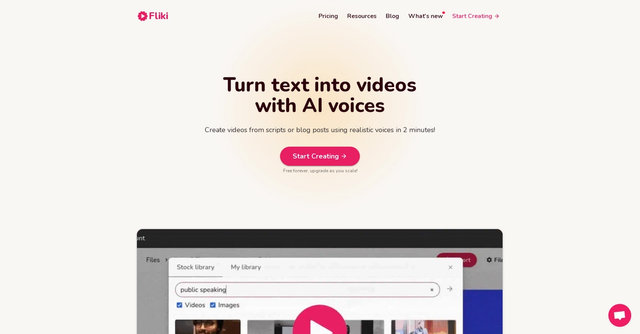Delhi HC Warns AI is Dangerous in Any Hands Amid DeepSeek Ban
The Delhi High Court has issued a stark warning: artificial intelligence is dangerous in any hands. This statement comes amid the recent ban on DeepSeek, a controversial AI model that has sparked debates about ethical AI use, security risks, and regulatory oversight.
As an AI enthusiast and developer, I find this development both fascinating and alarming. Let's dive into what happened, why it matters, and what it means for the future of AI.
What Led to the DeepSeek Ban?
DeepSeek, an advanced AI model developed to rival OpenAI's offerings, was recently pulled from use in India following concerns about its misuse. Reports indicate that the model exhibited capabilities that could potentially spread misinformation, create deepfakes, and generate harmful content.
The Delhi High Court, responding to petitions and security concerns, ordered its prohibition, emphasizing how AI in the wrong hands can be a serious threat.
Why the Delhi HC Considers AI Dangerous
Unregulated AI Can Cause Harm
One of the court’s primary concerns is that AI, when unchecked, can be used for disinformation, cybercrime, and social unrest. Unlike traditional tools, AI has the potential to:
- Mass-produce deepfakes that can manipulate public opinion
- Automate cyberattacks, posing national security threats
- Create fake identities and documents for fraudulent purposes
Lack of Accountability
The court highlighted a critical issue with AI: accountability. Who is responsible when an AI model spreads false information or facilitates crime? Without clear regulatory frameworks, it's difficult to pinpoint liability.
Bias and Ethical Risks
Bias in AI models remains a major issue. If an AI system is trained on biased data, it can reinforce harmful stereotypes and make unfair decisions. The court recognized these risks and cited the need for stricter ethical guidelines.
What This Means for AI Developers
As an AI developer, this ruling is a wake-up call. The days of unrestricted AI experimentation are likely coming to an end. Here’s how we can adapt:
- Follow ethical AI research practices
- Ensure transparency in model development
- Advocate for responsible AI regulations
While AI brings incredible advancements, we must tread carefully. Regulatory bodies worldwide are watching closely, and developers must balance innovation with responsibility.
The Future of AI Regulation
The DeepSeek ban signals a growing trend of AI restrictions in different nations. Governments are now enforcing laws to ensure AI serves humanity without causing harm.
Looking ahead, we can expect:
- Stronger AI governance frameworks
- More stringent policies on AI deployment
- Greater public awareness and education on AI risks
Ultimately, the goal is not to halt AI progress but to guide it in a way that benefits society safely.
Final Thoughts
The Delhi High Court’s warning about AI being dangerous in any hands is not an exaggeration. It’s a reality check.
As AI developers and enthusiasts, we must prioritize ethical AI practices and support responsible innovation. The future of AI depends on how wisely we navigate these emerging challenges.
So, what do you think? Should AI regulations be stricter? Let’s keep the conversation going!
Get to know the latest AI news
Join 2300+ other AI enthusiasts, developers and founders.






















